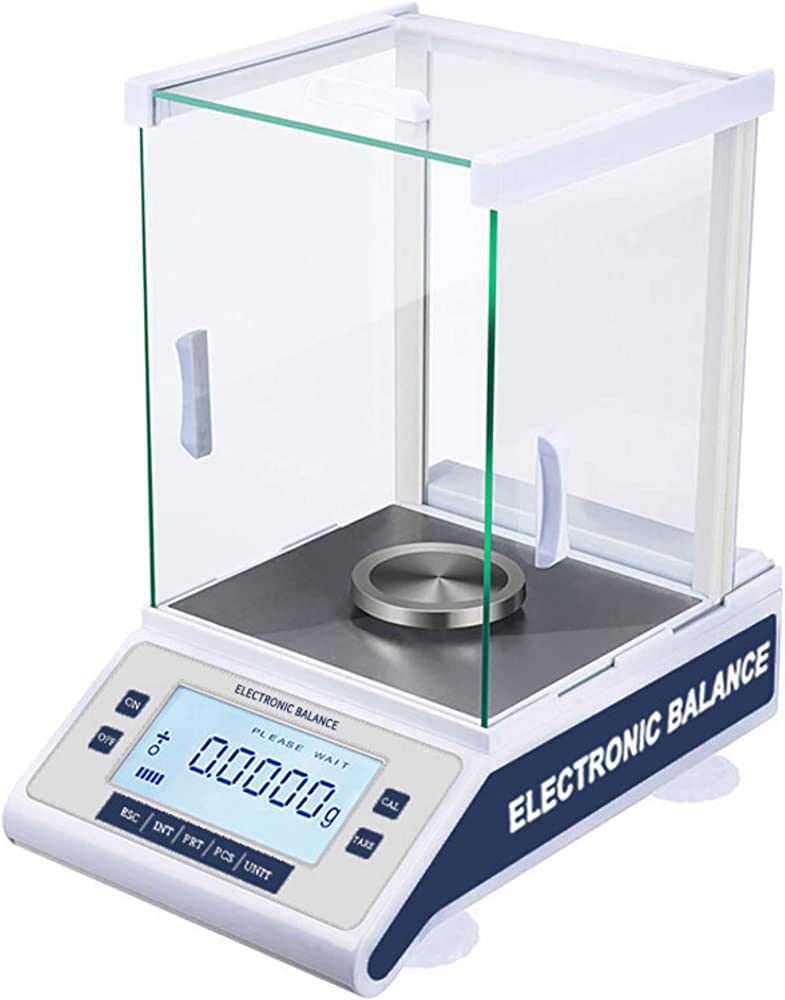Micrograms, abbreviated as mcg or μg, is a unit of measurement used for very small amounts of substances. One microgram is one millionth of a gram and one thousandth of a milligram. It is commonly used in the fields of medicine, chemistry, and biology, where precise measurements of small amounts of substances are necessary.
To convert milligrams to micrograms, simply multiply the number of milligrams by 1000. For example, 1 milligram is equal to 1000 micrograms, and 5 milligrams is equal to 5000 micrograms.
When it coms to measuring medication dosages, micrograms can be a crucial unit of measurement. For example, some medications may require dosages in micrograms, such as in the case of thyroid medication or some psychiatric medications.
It’s important to note that the use of the abbreviation “mcg” is not universally accepted. In some countries, the abbreviation “µg” is used instead, which represents the Greek letter mu (μ). This symbol is used to represent micrograms in the International System of Units (SI).
Micrograms are a small unit of measurement that are commonly used in medicine, chemistry, and biology. They are equivalent to one millionth of a gram and one thousandth of a milligram. Understanding how to convert between milligrams and micrograms can be important in certain situations, such as when measuring medication dosages.
Is Mcg And Micrograms The Same?
Mcg and micrograms are the same. Both are used as abbreviations for one millionth of a gram or one thousandth of a milligram. Therefore, if you see either of these abbreviations, you can assume they both refer to the same unit of measurement. It is important to note that when reading or writing medical prescriptions, both mcg and micrograms may be used interchangeably, so it is essential to understand that they are equivalent and represent the same value.

How Many Micrograms Are In A Mcg?
In fact, “mcg” is an abbreviation for “microgram.” Therefore, there is no difference between the two terms. One microgram is equal to one mcg. It is worth noting that micrograms are a smaller unit of measurement than milligrams, with one milligram equivalent to 1000 micrograms.
Is 1 Mg The Same As 1000 Mcg?
1 mg is the same as 1000 mcg. Milligram (mg) and microgram (mcg) are two units of measurement used to express the weight or mass of an object. A milligram is equivalent to one-thousandth of a gram, and a microgram is equivalent to one-millionth of a gram. Therefore, 1 mg is equal to 1000 mcg. It is important to note that while these two units are different, they are still part of the same metric system and can be easily converted from one to the other.
What Is Bigger 1 Mcg Or 1 Mg?
When it comes to measuring small quantities of substances, it is important to understand the difference between milligrams (mg) and micrograms (mcg). The prefix “micro” means one millionth, while “milli” means one thousandth. Therefore, 1 milligram is equal to 1000 micrograms. This means that 1 mg is bigger than 1 mcg. In fact, 1 mg is 1000 times larger than 1 mcg. To put it in perspective, a grain of sugar weighs about 6000 mcg, while a small pill may weigh 5000 mg. It is essential to be clear about these units of measurement when dealing with medication, dietary supplements, or scientific research.

Conclusion
Mcg and micrograms are the same unit of measurement. They both refer to one millionth of a gram or one thousandth of a milligram. The abbreviation for micrograms is often written as μg, while mcg is also commonly used. It is important to note that when converting milligrams to micrograms, one milligram equals one thousand micrograms. Understanding the relationship between these units of measurement is essential in various fields, including medicine, science, and nutrition. Therefore, it is vital to be precise and accurate when using these terms to avoid any confusion or errors in calculations.
